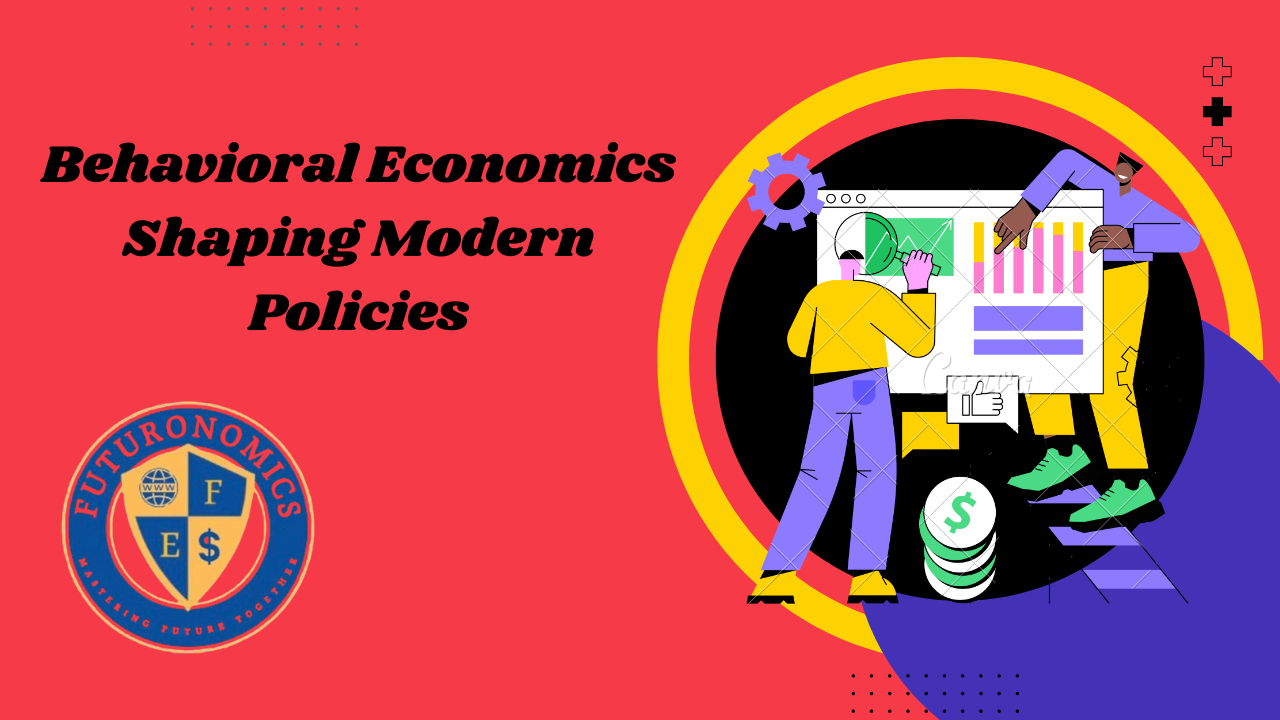
About Course
Wondering how government frames policies? How the world runs on incentives? How to motivate people to do something? – This course is for you!
It explores the role of behavioral economics in shaping modern policies across various industries. By examining cognitive biases and heuristics, students will understand the psychological underpinnings of decision-making and their implications for policy design. The course provides insights into how behavioral economics influences policy-making in fields such as healthcare, agriculture, automobiles, corporate governance, education, environmental sustainability, finance, textiles, and law.
What are you waiting for? Learn the policy and lead the way!
Enroll Now!
Course Content
Cognitive Biases and Heuristics
-
The Psychology of Choices
00:00

